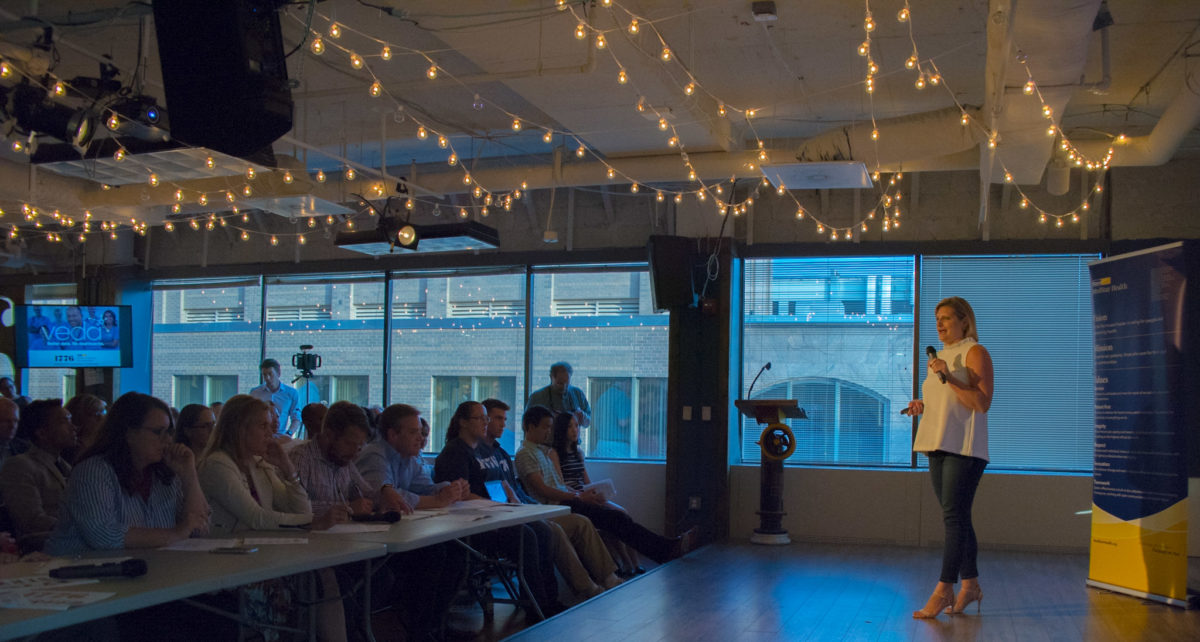To find a doctor, most people rely on provider directories that come from insurers. However, for a variety of reasons, the data in many of those directories is riddled with inaccuracies, said Meghan Gaffney Buck.
“If you went online right now and were looking for a new primary care provider, and did a search, about half of the data points that search provided back to you would be inaccurate,” she said.
Many people find ways to work around the errors, such as using search tools or calling practitioners to get the right info. But for people who have health struggles, Buck said it remains an issue that makes it harder to get the right care. Insurers and health systems also spend a lot of money to keep the data up-to-date. In all, it’s a problem that costs insurers money to the tune of $3 billion. And the government took notice.
“Medicare decided that it was such a big barrier to care that they would fine insurers for inaccuracies,” said Buck, the company’s CEO.
With VEDA Data Solutions, Buck and a team of five other people are introducing machine learning tools that are designed to correct the inaccuracies. The company formally launched its first product, called ProviderSync, this week.
Additionally, Buck said the company closed a $1 million seed round, which was led by led by New Dominion Angels.
She started the company two years ago at a data hackathon in Cincinnati. Dr. Bob Lindner, the company’s cofounder and CTO, is an astrophysicist who has experience applying machine learning to telescope data.
When seeking to apply machine learning to healthcare, they thought, “It’s got to be easier than figuring out how large galaxies form,” Buck said.
During a pilot with a large healthcare company in 2016, the company built technology that uses both public and private information to update the directories for providers every 24 hours. It does not require a dashboard to run. Buck said the results showed a 400 percent increase in data accuracy.

As she built the company, Buck said she’s met advisors at the intersection of tech and government relations in D.C. that provided a lot of help in how to build a product and navigate the heavily-regulated healthcare industry.
She’s also benefitted from a pair of programs available to startups in the District. She gave her first public pitch for the company at the semifinals of the Vinetta Project’s Venture Challenge, which spotlights women entrepreneurs. On Thursday, Sept. 14, she will pitch in the finals of the competition at Social Tables.
Next month, the company is set to enter the MedStar Innovation Lab cohort at 1776 in Crystal City. The company earned a place there after winning the incubator’s #Patient2Consumer challenge.
In the near term, the company is also hiring 3-5 data scientists and engineers, both in D.C. and at its office in Madison, Wisc., where Lindner is based.







